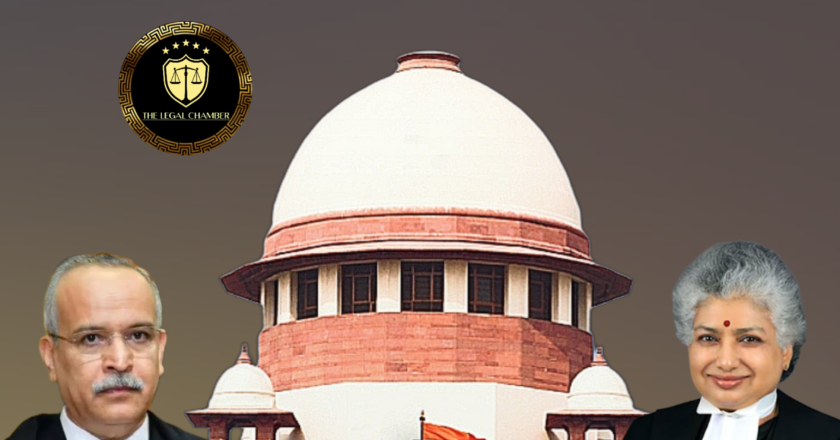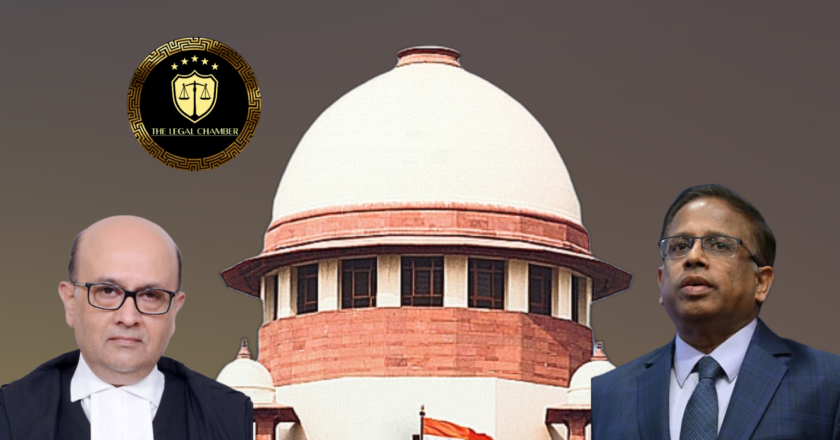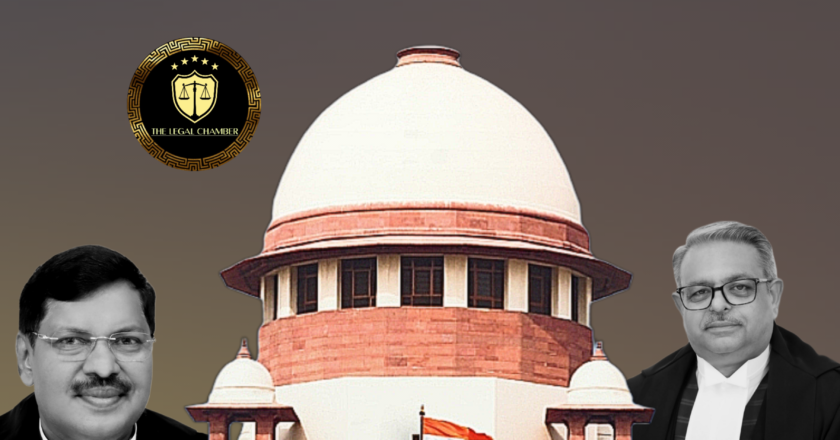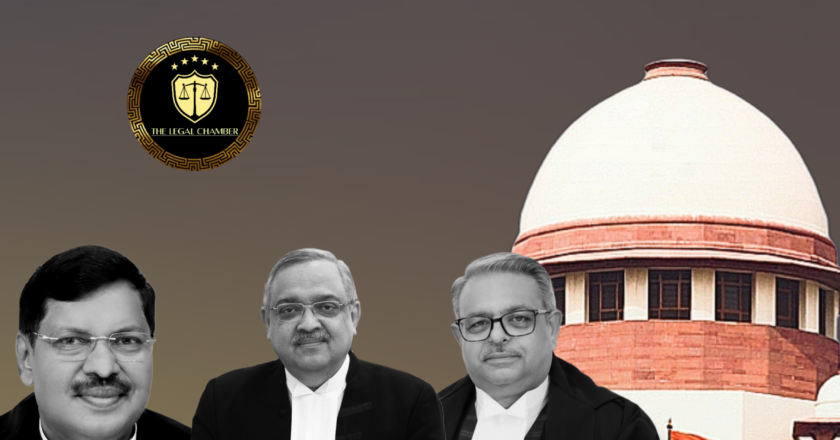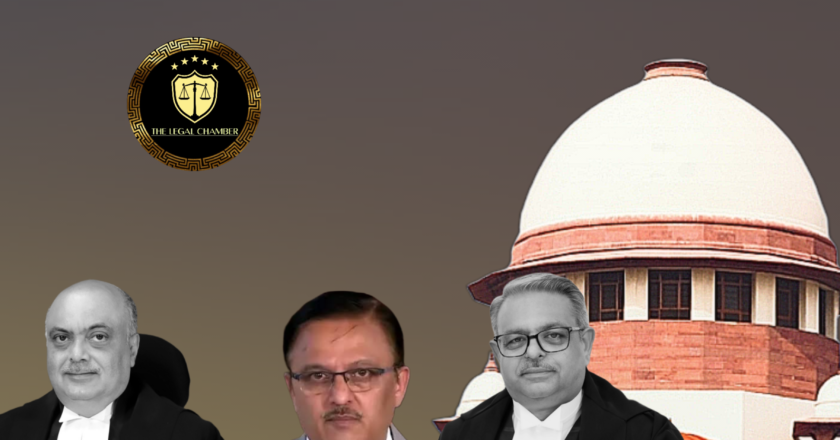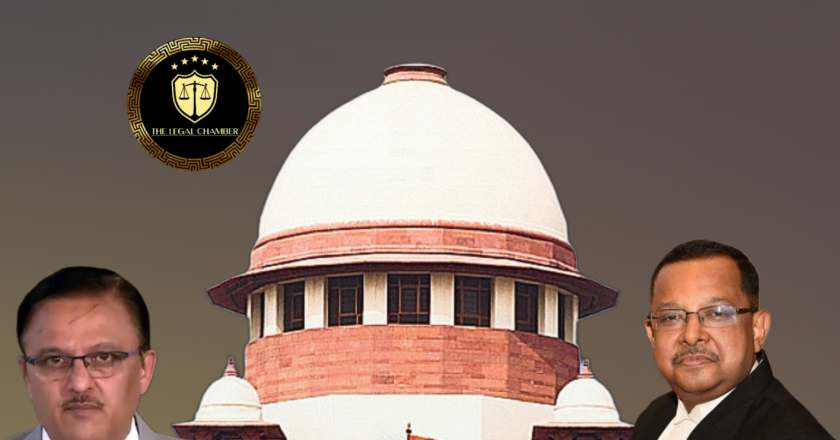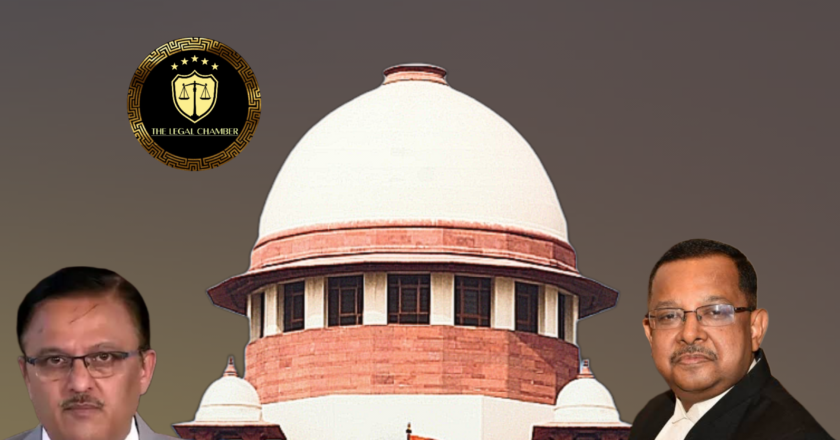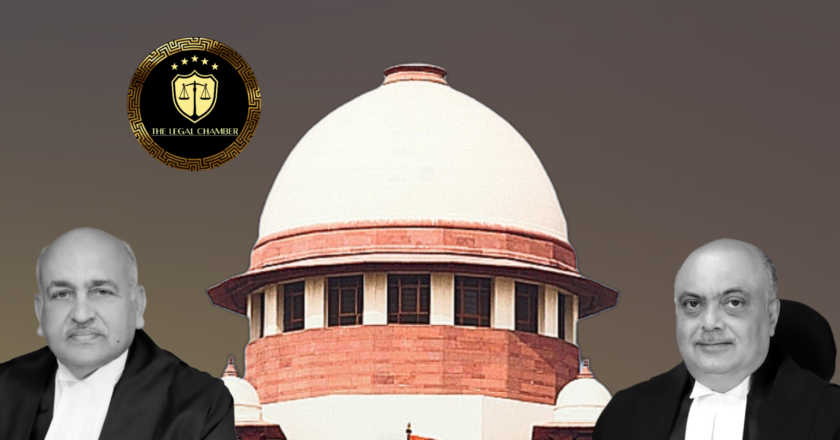Supreme Court Rules Customs Duty Drawback Circular Has Retrospective Effect
The Supreme Court held that Circular No. 35/2010-Cus. dated 17.09.2010, which clarified the entitlement of merchant exporters to claim 1% All Industry Rate (AIR) customs duty drawback irrespective of availing CENVAT benefits, was clarificatory and declaratory in nature. Consequently, the Court ruled that the Circular must be applied retrospectively, ensuring uniform benefits from 2008 onwards. The judgment emphasized that clarificatory circulars, which resolve ambiguities in existing notifications without creating new rights, operate retrospectively to align with the legislative intent. The High Court's order denying retrospective application was set aside.
Facts Of The Case:
The appellant, M/s Suraj Impex (India) Pvt. Ltd., a merchant exporter of Soyabean Meal (SBM), claimed All Industr...
